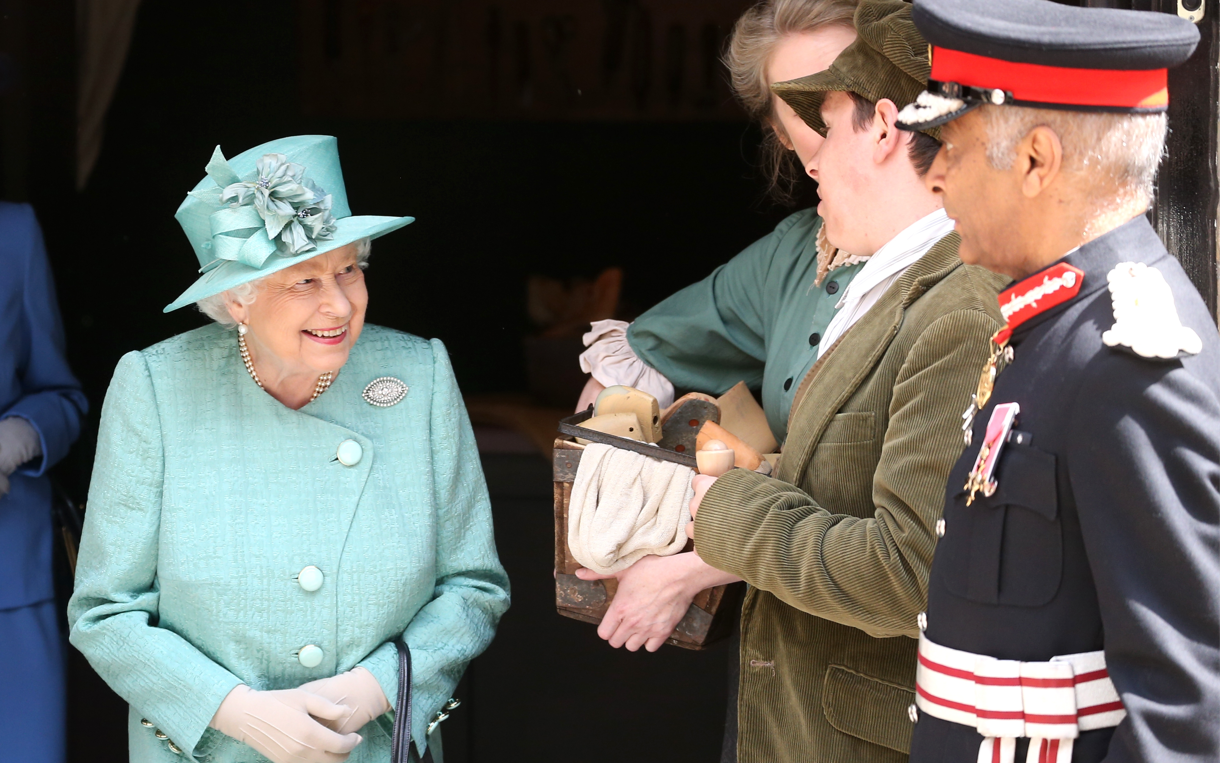LONDON (Parliament Politics Magazine ) – Members of the House of Lords have the incredibly valuable opportunity – and privilege – to pay tribute to Her Majesty the Queen in Parliament on 26th May. Peers will, I am sure, be highly creative in the angles they find to honour her long and extraordinary life, but only by looking through the lens of her Christian faith can one do her life justice and come close to providing an explanation for its uniqueness – and merit.
Almost all my 77 years have been under her reign. This unprecedented period of peace and relative prosperity has in good part been influenced by her faithfulness to her position. How has our Queen been able to be so consistent and gracious to all her subjects over these 70 years? The answer lies in her continuous confession of her trust and reliance on Jesus her saviour, and God her father.
To quote her biographer, William Shawcross, ‘Two things stand out – the Queen’s constant sense of duty and her devotion to God. Of this she speaks humbly but openly, especially in her Christmas broadcasts.’
She was clear during her first Christmas broadcast in 1952, that she would not have the strength to serve unceasingly without the prayer of ‘the people of the Commonwealth and Empire’ and referred to this on her 90th birthday, saying ‘I have been – and remain – very grateful to you for your prayers and to God for his steadfast love. I have indeed seen his faithfulness.’
Millions of Christians have faithfully prayed for her to live long, for her kingdom to be at peace and for the common good. Standing back, when we see her reign in the context of the grand sweep of world history, these prayers have been answered spectacularly.
To me, her Christmas messages have all been about responding to the example of Jesus – who came to serve and not to be served, to give his life as a ransom for many. If she has been advised to universalise her message and talk blandly about ‘the season’ or wish everyone ‘happy holidays’ I suspect she would have resisted because her references to Jesus are derived from relationship, her daily walk with him.
At key moments she has referred to drawing strength from God which is not just needed in extremis but becomes the default for people like her who are constantly required to put others’ needs first and take others with them on a difficult journey.
Jean Monnet, one of the founders of the new European order World War 2 referred to two types of people in public life, those who want to be something and those who want to do something.
The Queen has had no choice but to be both those types simultaneously. She has done a tremendous amount –serving in the second world, war working very hard well into her 90s – but she has also had to embody an ideal, never an easy thing to do, especially when that ideal has shifted considerably since she ascended to the throne.
The expectation in the 1950s, when the country was finally beginning to slough off post-war austerity and set its course for a new era, was that she should embody serenity, and the family she raised would be an ideal example. Later in life, after more than one annus horribilis, she found herself being criticised for being too serene, for not emoting enough, especially when her family were clearly not so much an ideal example as a typical one.
To live successfully in the public eye for 70 years and maintain legitimacy in the public affection has required an extraordinarily keen sense of identity, a very live issue in the zeitgeist today. Received wisdom is that identity should be entirely self-made and the ability to realise that ideal increases in proportion with wealth, status and the autonomy these convey.
The Queen is a monumental exception to that formula. Her identity has always derived from her responsibilities and sense of duty. In this she is less unique than people realise – her faith would have made that the case whatever her station in this earthly life. Christians’ sense of identity flows not from wealth, status, or any other characteristic but from their relationship with Jesus.
No other figure comes close to her in repute. She is the Queen of the world – known and revered by so many. She would be the first to give credit to the God she serves, to acknowledge that the esteem in which she is held is simply evidence of the undeserved grace she has been able to lean on every day of her life. We never want to lose her, but the day will surely come when she passes through the veil into eternity and stands before her King. He will say ‘Well done, good and faithful servant! Come and share your master’s joy!’


